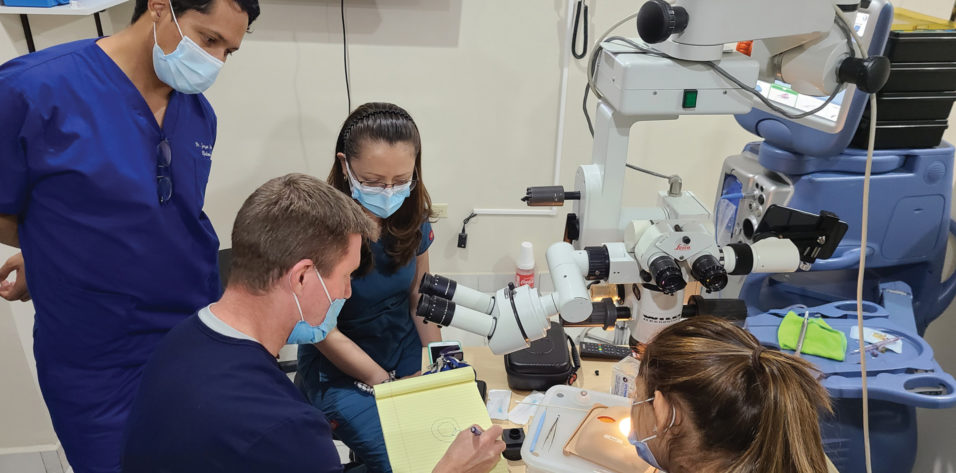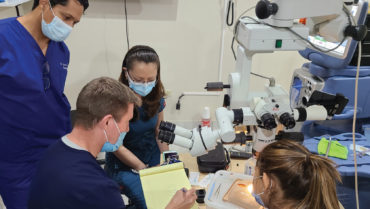
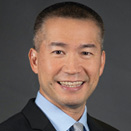

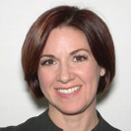
The World Health Organization’s Vision Report demonstrated that eye care provider (ECP) capacity in low- and middle-income countries (LMICs) must expand to address the global backlog of preventable blindness and visual impairment. Both an increase in the number of ECP teams and greater proficiency and efficiency among existing teams are required.1 At present, there simply aren’t enough cataract surgeons to treat cataract blindness. Mentoring current ophthalmologists in LMICs who need further surgical training could be one of the most effective ways to increase the volume of cataract surgery performed in areas of the world with the greatest burden of preventable blindness. Advanced Center for Eyecare Global (ACE Global) was formed in 2019 to meet this goal.
ACE’S MISSION AND MODEL
Mission. ACE Global is a 501(c)(3) nonprofit organization dedicated to teaching, training, and mentoring the next generation of ECPs in LMICs. Our aim is to equip ECPs with the skills and resources they need to eradicate preventable blindness in their communities. Our primary strategy is to harness capability and confidence through both live and virtual mentorship (watch the video below and see Making a Greater Impact).
Making a Greater Impact
Surgeons from high-income countries often travel to low- and middle-income countries and perform a high volume of sight-restoring surgery in 1 week. Expending the same energy to mentor young surgeons in those same low- and middle-income countries could have a much greater impact by helping young surgeons create efficient and sustainable systems of eye care delivery.
If you would like to get involved, contact ACE Global at tdeyoung@acecaresglobal.org. Devoting even a couple of hours per month can go a long way.
ACE delivers world-class education in residency programs and fellowships as well as after formal training is complete. Our mission is to develop locally self-sufficient eye care centers in underserved areas of the world through partnership, training, and equipping.
Model. ACE’s early efforts are focused on Honduras, a country with an estimated population of 10 million. There are only approximately 50 ophthalmic surgeons to care for an estimated 160,000 individuals whose vision is impaired by cataracts. Part of the problem is that Honduras has only one ophthalmology residency program.
In partnership with Hospital San Felipe Ophthalmology Department in Tegucigalpa, Honduras, ACE Global has developed a comprehensive system of mentorship that starts in the first year of residency and continues through the development of effective, thriving practices. Our strategies for mentoring young physicians include traditional in-person mentorship, distance surgical mentorship, and an international fellowship training program. We also equipped a surgical wet lab and digital training hub that was built in partnership with Orbis International.
RESIDENCY
First-year residents watch livestream surgery performed by expert surgeons from all over the world who introduce basic concepts and lay the foundation for a strong professional relationship (Figure at outset and Figures 1 and 2). Next, residents livestream their cases from the wet lab and digital training hub so that expert surgeons can log in, view, and provide feedback remotely and in real-time. Once the young surgeons demonstrate proficiency, they are permitted to livestream surgery to expert mentors anywhere in the world (Figure 3). Affordable and accessible technology enables these digital connections.
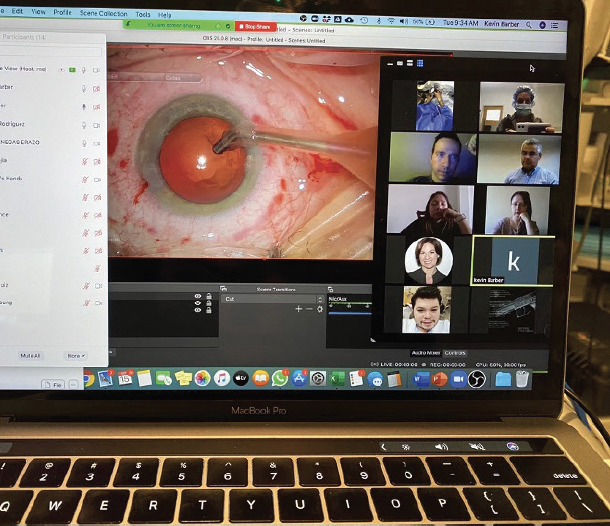
Figure 1. Dr. Barber livestreams surgical video from his OR in the United States to residents in Honduras.
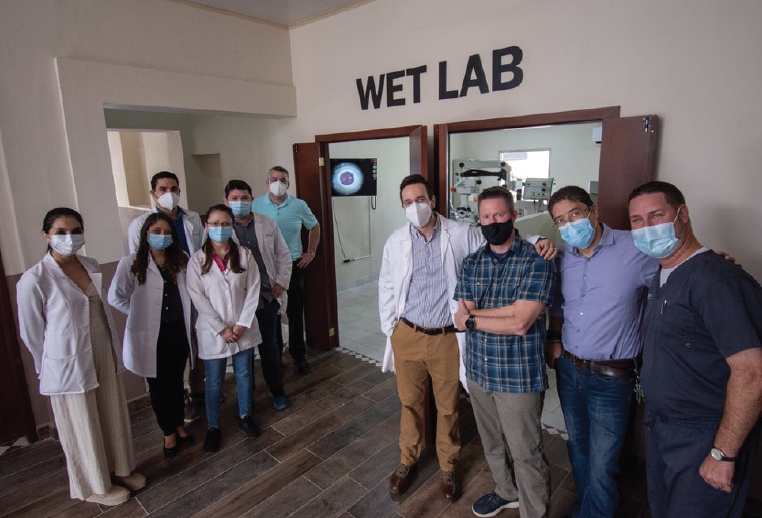
Figure 2. Current Honduran residents and fellow being mentored through ACE Global.
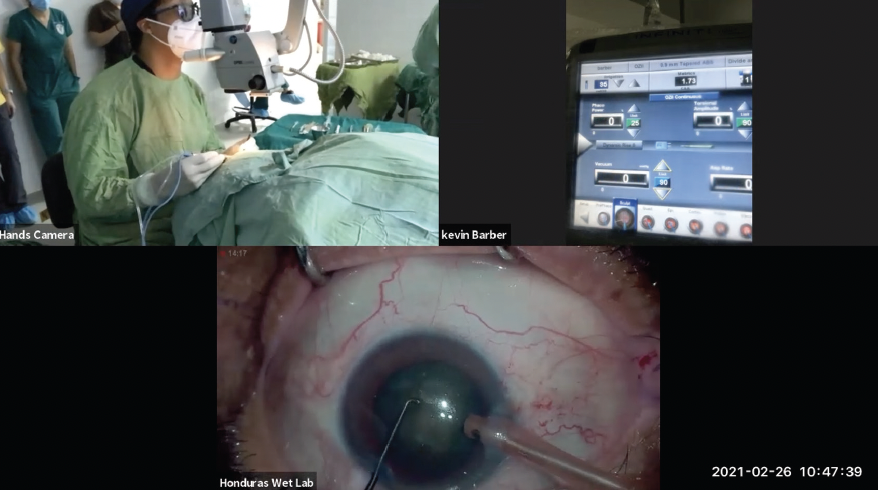
Figure 3. Jorge Ponce, ACE Global’s first fellow, livestreams surgery from Honduras to an expert mentor.
FELLOWSHIP AND PRACTICE OPPORTUNITIES
ACE Global has established the first fellowship in anterior segment surgery in Honduras. Much of the training is done remotely through livestreaming and supplemented with traditional, onsite surgical training and mentorship. Streaming technology allows more frequent, meaningful connections and relationships than would be possible with only in-person trips across international borders.
ACE Global’s fellow travels to observe mentors in their home ORs and clinics. These experts, in turn, travel to Honduras to participate in surgical teaching brigades with the fellow, which often also present opportunities to improve staff training.
As a culmination of the relationships developed through the mentorship process, ACE Global helps young surgeons create practice opportunities that provide for financially sustainable eye care in their own communities. For example, ACE Global recently partnered with a longstanding nongovernmental organization (NGO) providing orthopedic care to the underserved population of Honduras. This NGO already delivered excellent orthopedic care. They had a building, a staff well trained in orthopedics, and a desire to be a channel for high-quality ophthalmic care. Through several in-person trips and even more video-chat meetings, ACE Global placed its 2020–2021 Honduran fellow in the NGO’s building and flew its team of ophthalmology experts to convert and equip the spaces and train the staff in ophthalmology. Synergy through ACE Global’s partnerships with various NGOs and industry made this possible. As a result, an area of Honduras with absolutely no eye care now has consistent and ongoing eye care delivered by its own people.
CONCLUSION
Livestreaming allows ACE Global to reduce barriers to surgical mentorship in LMICs. A masked study that we recently conducted demonstrated a statistically significant improvement in the surgical skills of residents and fellows after only 25 cases of livestreamed mentorship with expert surgeons.2 In the study, five phaco cases of four young Honduran surgeons were scored with the International Council of Ophthalmology’s Ophthalmology Surgical Competency Assessment Rubric (ICO-OSCAR). The average score (measured by a blinded grader) was 51 at baseline. After 100 remotely mentored cases (25 cases for each surgeon), the surgeons’ final ICO-OSCAR scores improved to an average of 87, and there was an average 31-minute reduction in case time. This study demonstrated the safety and efficacy of remote surgical streaming mentorship for teaching surgeons in LMICs, ultimately reducing preventable cataract blindness in those countries.
1. World Report on Vision. World Health Organization. October 8, 2019. Accessed September 9, 2021. https://www.who.int/publications/i/item/9789241516570
2. Barber KM, Cherwek DH, Di Luciano A, Ponce Nunez JM, Castillo MA, Lagos L. Remote distance surgical mentorship in phacoemulsification through use of a 3D heads up visualization streaming system. Paper presented at: ASCRS Annual Meeting; July 23-27, 2021; Las Vegas, Nevada.

